The hotel industry is evolving rapidly, and online marketing has become essential for success. At Emplibot, we’ve seen firsthand how effective digital strategies can transform a hotel’s bookings and reputation.
This guide will equip you with the latest online marketing techniques for hotels in 2025. From optimizing your website to leveraging social media and managing online reviews, we’ll cover everything you need to know to stay ahead in the competitive hospitality landscape.
Contents
ToggleHow Hotels Can Dominate Digital Spaces
In 2025, a hotel’s digital presence stands as its most powerful asset. Hotels have tripled their direct bookings by focusing on three key areas: website usability, mobile optimization, and local SEO.
Creating a User-Friendly Hotel Website
Your website often provides the first impression for potential guests. Travelers visit an average of 38 websites before making a booking, according to an Expedia survey from 2015. To capitalize on this traffic, your website must be intuitive and informative.
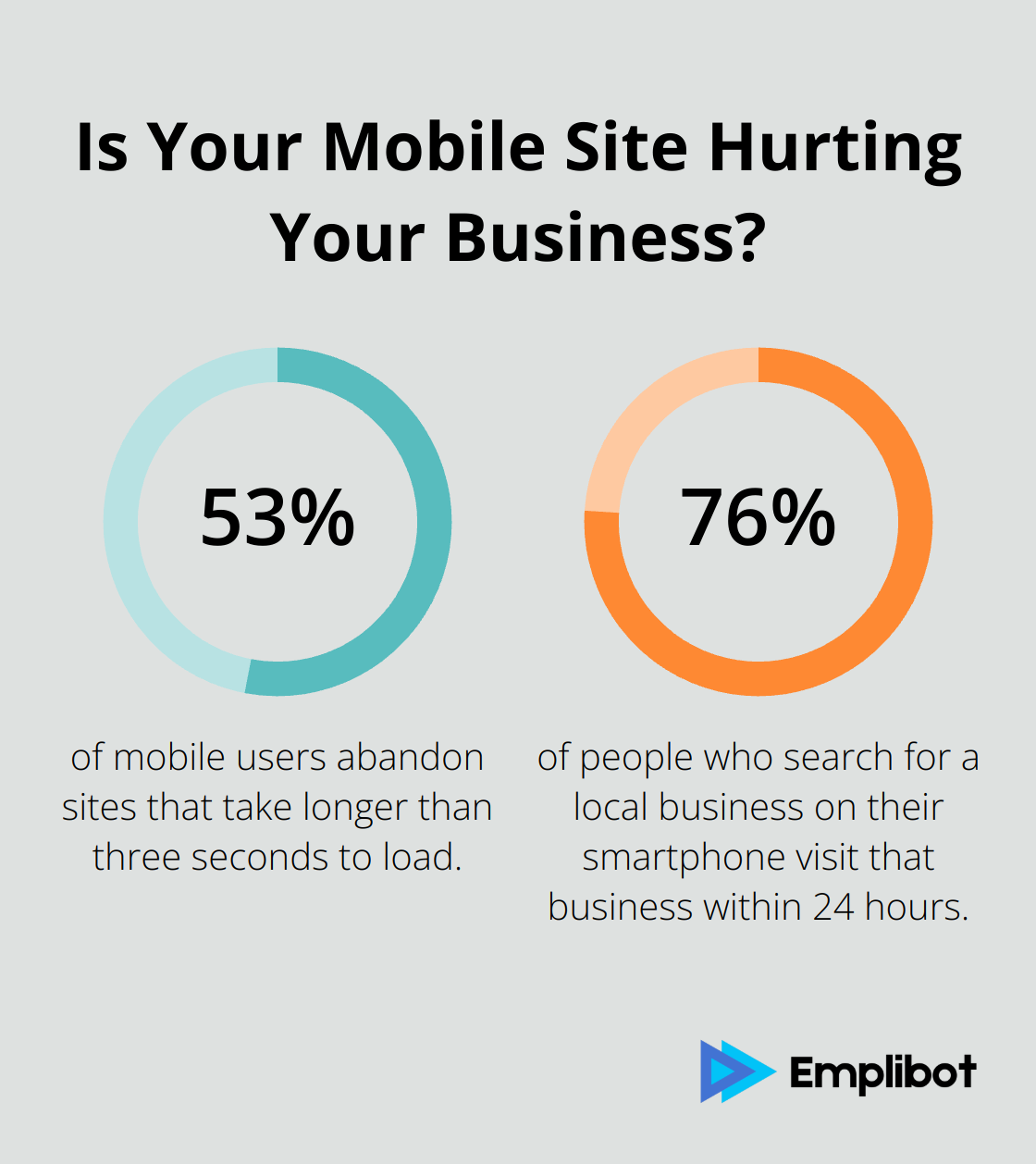
Simplify your navigation menu. Limit it to 5-7 main categories like Rooms, Dining, Amenities, Location, and Booking. Use high-quality images and videos to showcase your property, but optimize them for quick loading. Google reports that 53% of mobile users abandon sites that take longer than three seconds to load.
Add a chatbot to answer common questions instantly. The Hilton chain reported a 5% increase in conversion rates after implementing an AI chatbot on their website.
Mastering Mobile Optimization
In 2024, global hotel occupancy rates are expected to continue growing, with projections ranging between 68% and 70%, nearly reaching pre-pandemic levels. To capture these bookings:
- Use a responsive design that adjusts to different screen sizes automatically.
- Implement accelerated mobile pages (AMP) to reduce load times drastically.
- Simplify your booking process. Reduce the steps required to make a reservation.
- Use large, easily tappable buttons for key actions like “Book Now” or “Check Availability”.
The Marriott International group experienced a 20% increase in mobile bookings after optimizing their mobile experience in 2023.
Dominating Local Search Results
Local SEO proves vital for hotels. A 2024 study by Moz found that 76% of people who search for a local business on their smartphone visit that business within 24 hours.
To improve your local SEO:
- Claim and optimize your Google Business Profile. Keep your information current and add high-quality photos regularly.
- Encourage guests to leave reviews. Respond to all reviews (both positive and negative) promptly and professionally.
- Create location-specific content. Write blog posts about local attractions, events, and insider tips for your area.
- Use schema markup on your website to help search engines understand your content better.
The Ritz-Carlton saw a 35% increase in organic search traffic after implementing a comprehensive local SEO strategy in 2024.
Your digital presence extends your hotel’s hospitality. These strategies not only improve your online visibility but also create a welcoming digital environment that encourages bookings and builds guest loyalty.
As we move forward, let’s explore how social media and content marketing can further amplify your hotel’s online presence and engage potential guests in meaningful ways.
Mastering Social Media for Hotel Success
Social media has become a cornerstone of hotel marketing in the digital age. Hotels transform their online presence and boost bookings through strategic social media use. Let’s explore how to leverage these platforms effectively.
Selecting the Right Platforms
Not all social media channels are created equal for hotels. 97% of hotel visitors share moments with their tips on social media platforms. Given this context, it’s crucial to choose the right platforms for your hotel’s marketing strategy.
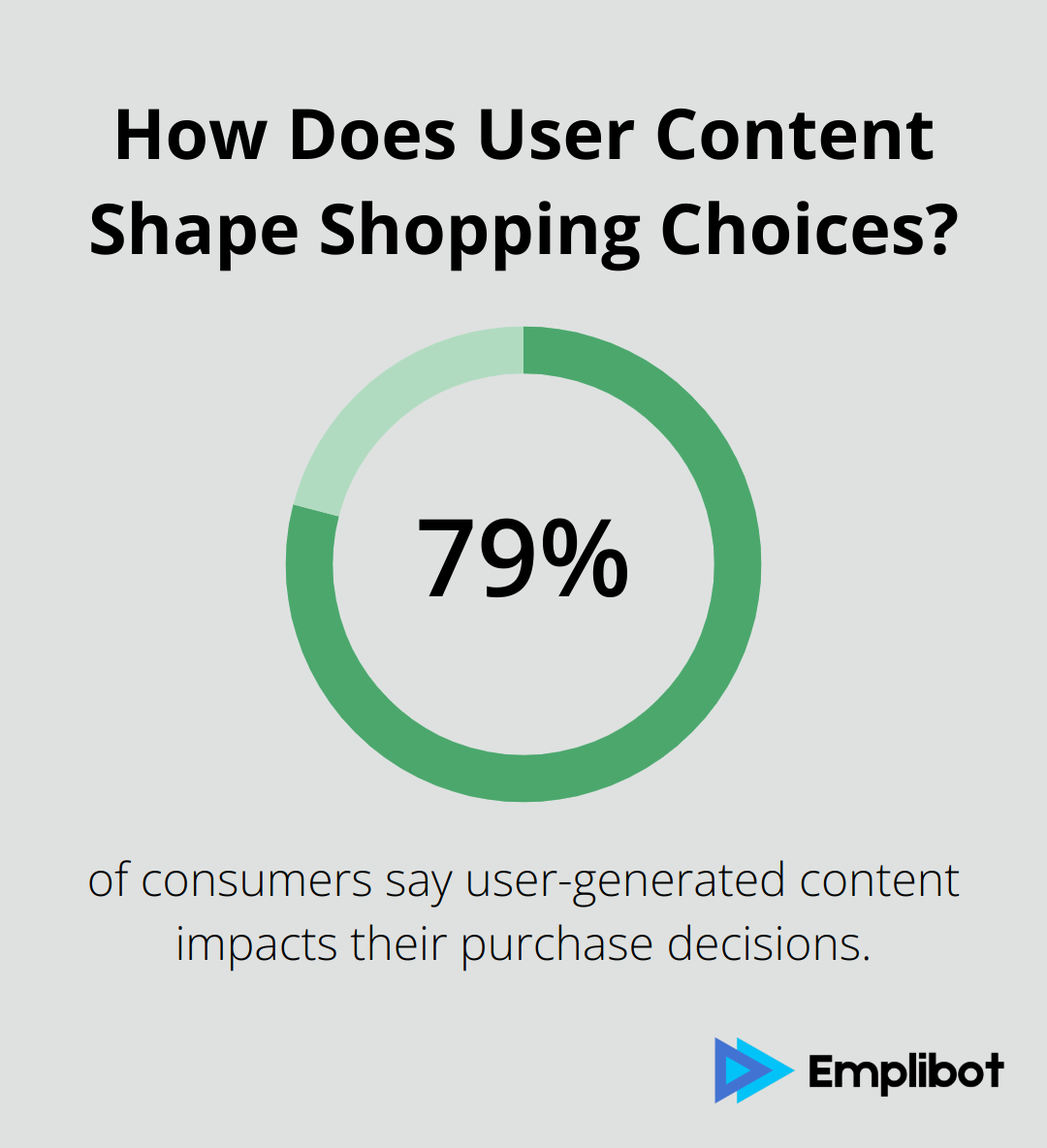
Pinterest proves a goldmine for luxury hotels. The platform’s users have a higher average income than other social media users, making it ideal for showcasing high-end amenities and experiences.
LinkedIn, while seemingly an unlikely choice, excels at targeting business travelers. Hotels focusing on corporate clients have seen an increase in bookings by sharing content about their business facilities and nearby corporate hubs.
Creating Visual Stories That Sell
In 2025, video content reigns supreme. Hotels using short-form videos on platforms like TikTok and Instagram Reels report an increase in engagement compared to static posts.
Marriott’s #TravelBrilliantly campaign on TikTok garnered over 5.2 billion views by showcasing user-generated content of guests enjoying unique experiences at their properties.
Live streaming is another powerful tool. The Four Seasons saw an uptick in booking inquiries after hosting live virtual tours of their properties on Facebook Live.
Leveraging User-Generated Content
User-generated content (UGC) is marketing gold. 79% of consumers say user-generated content impacts their purchase decisions.
Create a branded hashtag for guests to use when sharing their experiences. The Hilton’s #HiltonStory campaign collected over 500,000 posts from happy guests, providing a wealth of authentic content for their marketing efforts.
Incentivize UGC creation with contests or perks. The Ritz-Carlton’s #RCMemories campaign offered guests who shared their experiences a chance to win free nights, resulting in an increase in social media mentions.
Maintaining Consistency
A consistent posting schedule is essential. Hotels posting at least once daily on Instagram see a higher engagement rate than those posting sporadically.
Use a content calendar to plan your posts in advance. This allows you to align your content with seasonal events, holidays, and local attractions. The Hyatt group saw an increase in engagement when they started planning their content three months in advance.
Mix up your content types. Alternate between promotional posts, behind-the-scenes glimpses, local area highlights, and guest stories. This variety keeps your audience engaged and coming back for more.
Prompt responses to comments and messages are vital. The Mandarin Oriental group reported an increase in positive sentiment after implementing a policy to respond to all social media interactions within two hours.
As we move forward, let’s explore how hotels can leverage online travel agencies (OTAs) and review sites to further enhance their digital presence and attract more guests.
Maximizing OTAs and Review Sites for Hotel Success
Online Travel Agencies (OTAs) and review sites dominate the hotel industry. In 2024, Booking.com held the highest market share at 69.3 percent. This chapter explores effective strategies to leverage these platforms.
Optimize OTA Listings for Maximum Visibility
Your OTA listing often provides a potential guest’s first impression of your property. To stand out:
- Use high-quality, diverse images. Hotels with 20+ photos on Expedia see 150% more bookings than those with fewer images.
- Write compelling, keyword-rich descriptions. Focus on unique selling points and local attractions.
- Keep your rates competitive. Use a rate parity tool to ensure consistency across all platforms.
- Offer special deals or packages exclusive to each OTA. This can boost your ranking within their search results.
- Update your amenities list regularly. A study by Trivago found that hotels listing more than 10 amenities receive 20% more bookings.
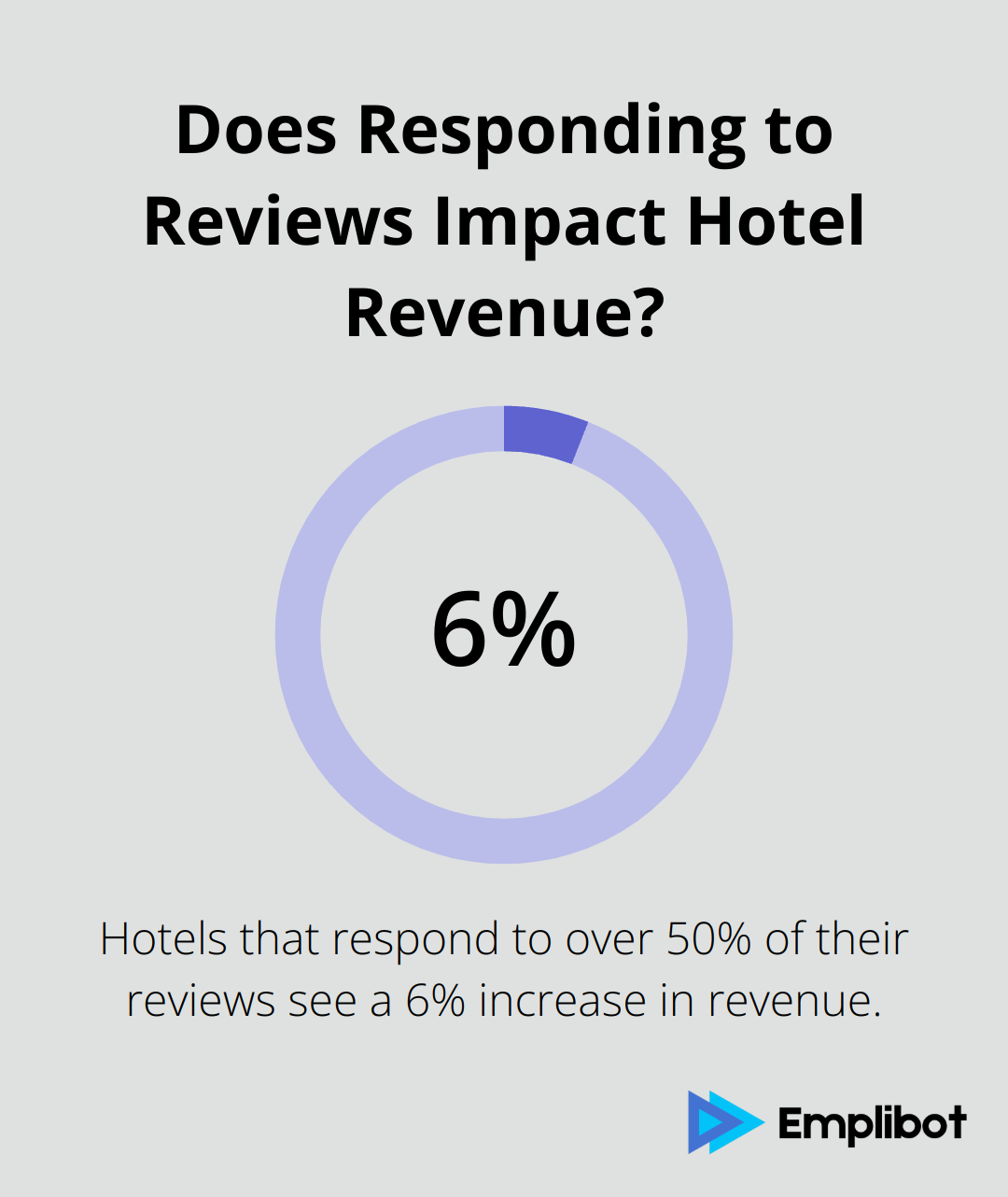
The Hilton group experienced a 35% increase in bookings after implementing these optimization strategies across their OTA listings in 2024.
Harness the Power of Guest Reviews
Reviews significantly influence booking decisions. A Cornell University study found that a 1-point increase in a hotel’s average rating on travel review sites can lead to an 11.2% increase in room rates.
To encourage more reviews:
- Send post-stay emails asking for feedback. Timing matters – send these 2-3 days after check-out for optimal response rates.
- Offer incentives for reviews, such as entry into a prize draw or loyalty points. The Marriott Bonvoy program saw a 40% increase in review submissions after implementing a points-for-reviews system.
- Train staff to mention reviews during check-out. A simple “We’d love to hear about your stay on TripAdvisor” can increase review submissions by up to 20%.
- Provide direct links in your follow-up emails to make it easy to leave reviews.
Master the Art of Review Response
Responding to reviews shows that you value guest feedback. Hotels that respond to over 50% of their reviews see a 6% increase in revenue (according to a study by Cornell University).
When responding to reviews:
- Address the reviewer by name and thank them for their feedback.
- For positive reviews, highlight specific points they mentioned and invite them back.
- For negative reviews, apologize for any issues, explain steps taken to address them, and offer to discuss further offline.
- Respond within 24-48 hours. Quick responses show attentiveness and can turn a negative experience into a positive one.
The Ritz-Carlton experienced a 10% increase in positive sentiment after implementing a 24-hour response policy for all reviews.
Use Review Data to Drive Improvements
Reviews provide valuable insights into your hotel’s performance. Use this data to:
- Identify recurring issues. If multiple reviews mention slow WiFi, it’s time to upgrade your internet infrastructure.
- Recognize and reward staff mentioned positively in reviews. This boosts morale and encourages excellent service.
- Inform your marketing strategy. If guests frequently praise your rooftop bar, feature it more prominently in your marketing materials.
- Guide renovation decisions. If reviews consistently mention outdated bathrooms, prioritize these in your next refurbishment.
The Hyatt group used review data to inform a $50 million renovation project in 2024, resulting in a 15% increase in guest satisfaction scores.
Effective use of OTAs and review sites can significantly boost a hotel’s online presence and attract more guests. In the digital age, your online reputation holds as much importance as your physical property.
Final Thoughts
Online marketing for hotels has become essential for success in the digital age. Hotels must create user-friendly websites, optimize for mobile, leverage social media, and manage online reviews effectively. The digital landscape evolves constantly, requiring hotels to adapt their strategies to stay competitive and meet changing guest expectations.
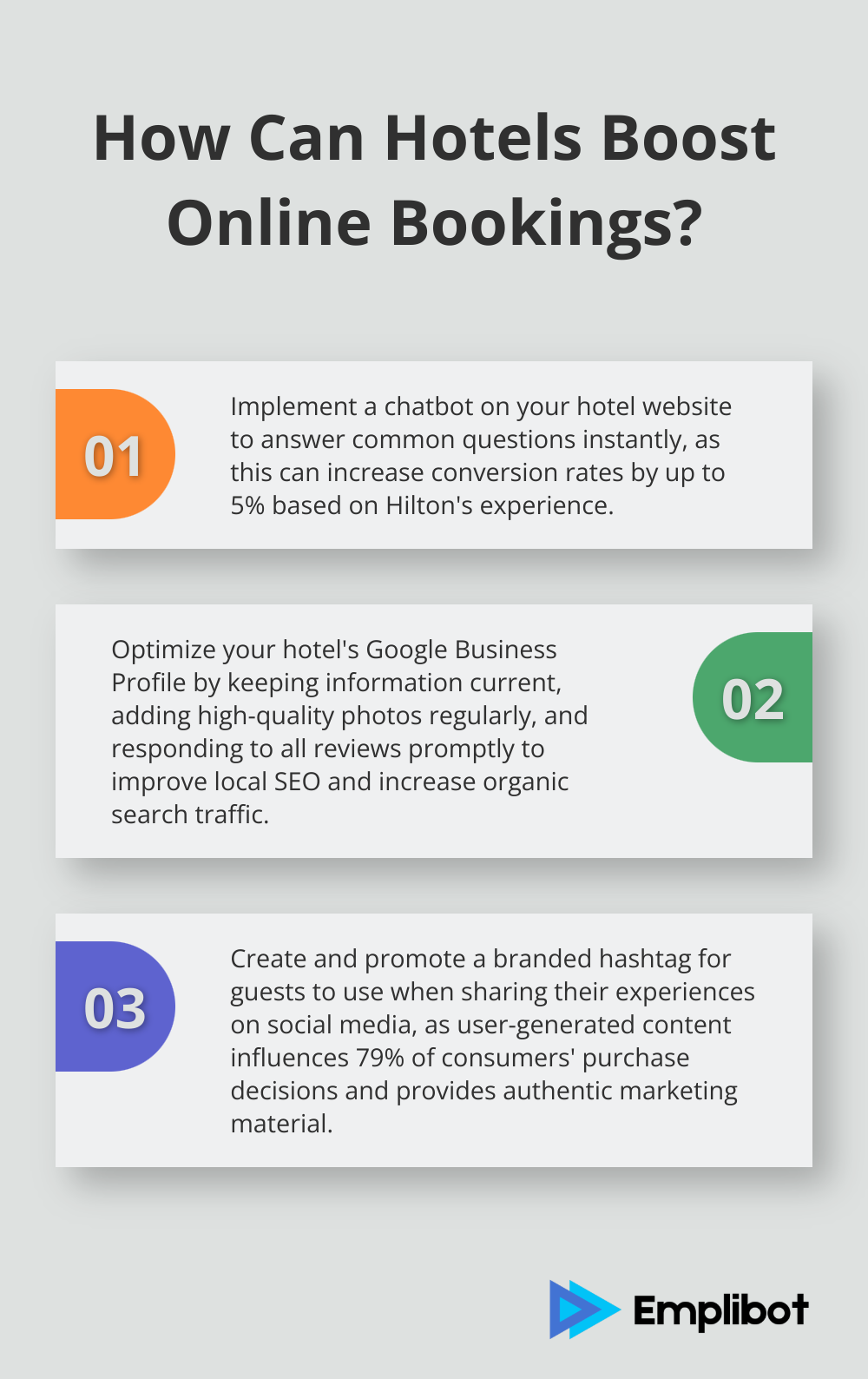
Personalization, authenticity, and seamless user experiences will drive success in hotel marketing as we move into 2025 and beyond. Tools like Emplibot can help hotels streamline their online marketing efforts by automating content creation and distribution across various platforms. This automation maintains a consistent and engaging online presence without extensive resources.
The future of hotel marketing is digital, dynamic, and data-driven. Hotels that implement effective online marketing strategies and embrace new technologies will create compelling online experiences. These experiences will translate into real-world success, allowing hotels to thrive in the digital era.

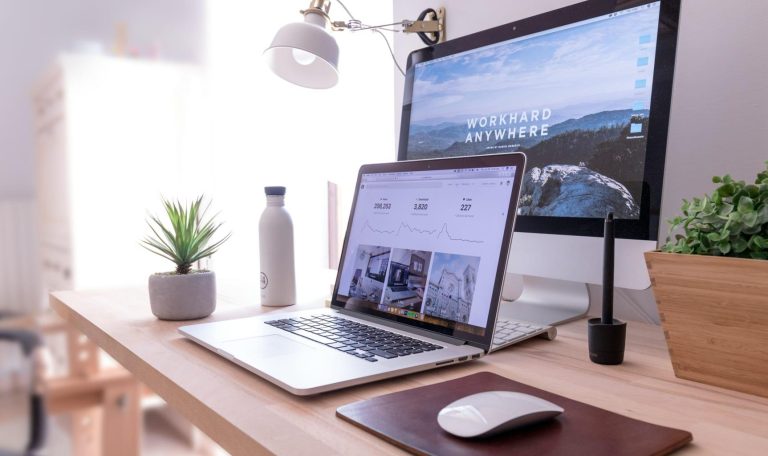



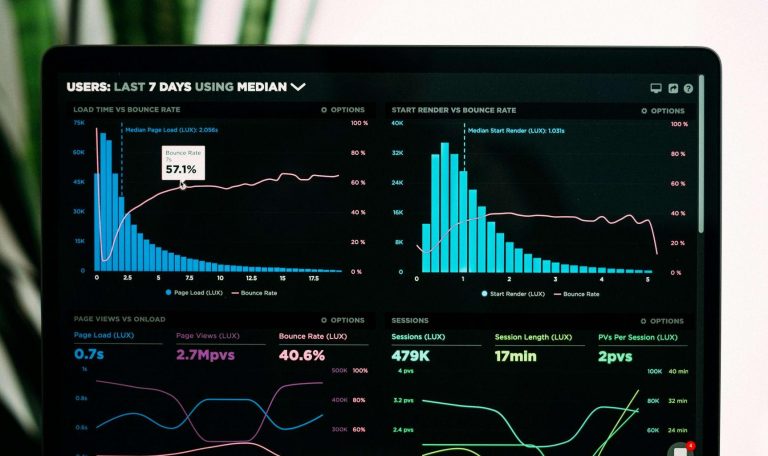




 Rated Excellent 4.5
Rated Excellent 4.5